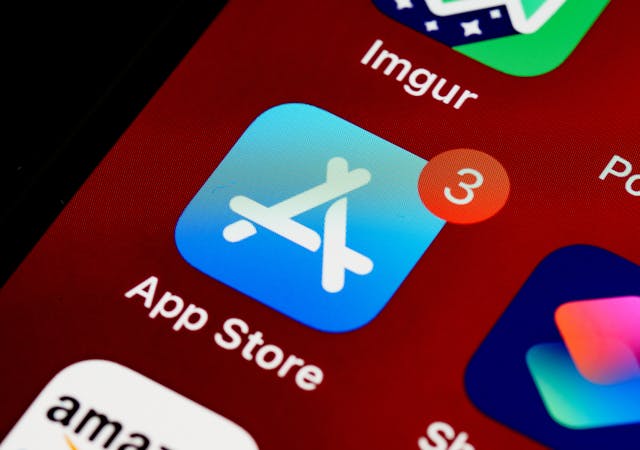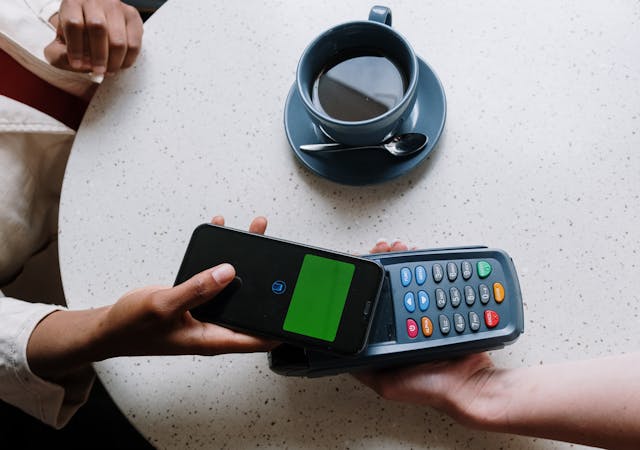Apple’s App Store fees face increased push back from developers as the company introduces new fees for developers even off the App Store.
European Union Probe Pushes Apple to Open NFC Access to Third Parties
Apple is moving to make the iPhone’s NFC open to third parties after the EU investigates it for anticompetitive practices.




